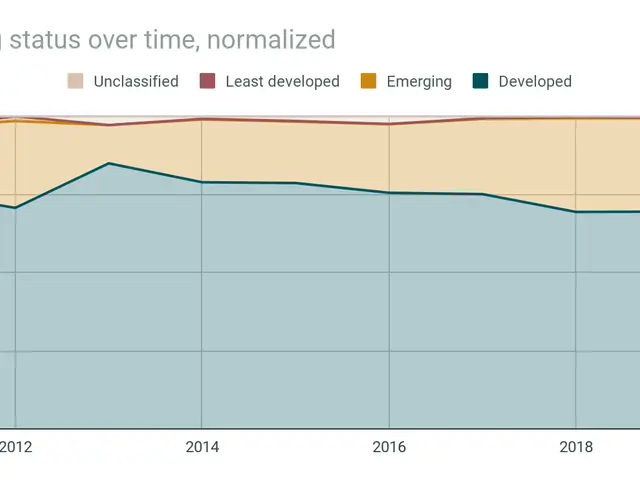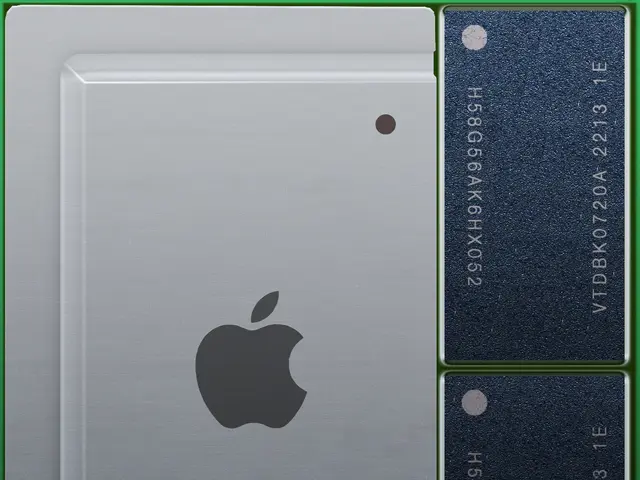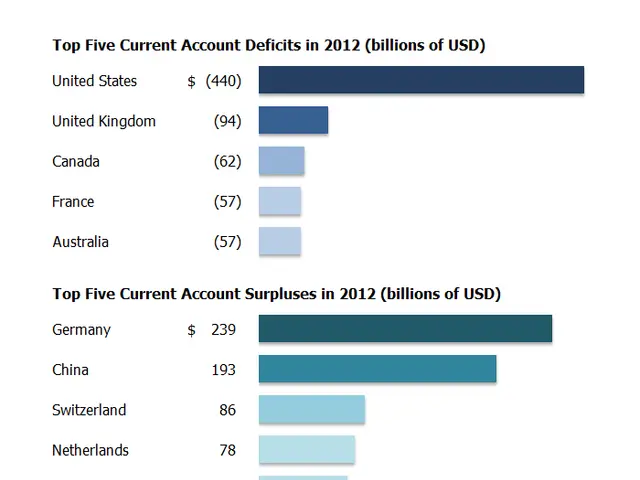Guide for Claiming Your $20 from Apple's $95 Million Siri Privacy Class Action Settlement
Cashing in on Privacy: Apple to Pay a Whopping $95 Million Over Siri Eavesdropping Claims
Why let Siri listen to your private discussions and pocket some cash? The tech giant has agreed to shell out big bucks to settle a privacy fiasco. Here's everything you need to know about getting your slice of the $95 million pie!
Following accusations that Siri secretly listened in on personal conversations, Apple will be dishing out generous payouts to U.S. users – up to $100 per household. The tech titan hasn't admitted to any wrongdoing but has agreed to the $95 million settlement, according to court documents filed December 13, 2024 in Oakland, California.
At the heart of this controversy lies the unsettling claim that Apple's voice assistant recorded and potentially shared sensitive data with advertisers, something the company has denied in the past.
So if you've got an eligible device and believe Siri may have spent more time eavesdropping than assisting, the process to claim your share is straightforward.
How to Get Paid?
To qualify for this willfully modest windfall, you'll need to be a U.S. citizen and have owned one or more qualifying devices between September 17, 2014, and December 31, 2024. The entire process requires submitting a claim by July 2, 2025 and verifying under oath that Siri activated without your explicit cue.
You can apply for your payout through the Lopez Voice Assistant Settlement website, available in both English and Spanish.
Feel free to collect your device serial numbers or proof of purchase, as they'll be essential in filling out the online form, submitting your claim, selecting your preferred payment method, and meeting the July 2 deadline.
The settlement covers a wide array of Apple devices, such as iPhone 6 onwards, all iPad models from 2014, Apple Watch, HomePod and HomePod Mini, MacBook, iMac, and certain Mac models manufactured from 2014. The terms dictate that users can receive up to $20 per qualifying device, with a maximum of $100 per household for up to five devices. If fewer claims are lodged than anticipated, this payment amount could rise. The legal team representing the plaintiffs will receive approximately $30 million from the settlement fund.
Hey Siri, Mind Your Own Business
This lawsuit stems from 2019 revelations by The Guardian about Apple contractors consistently accessing private Siri recordings. According to these claims, contractors gleefully (allegedly) listened to private medical appointments, business meetings, and even intimate moments – and occasionally shared them with advertisers.
The circumstances of Fumiko Lopez, lead plaintiff, exemplify the potential invasion of privacy. Not long after chatting about Air Jordans at home, she and her daughter noticed an influx of targeted adverts for the exact models they had conversed about. Another plaintiff promptly found themselves served ads for specific medical treatments shortly after consulting their doctor.
"Apple continues to deny liability and wrongdoing," the court filing stipulates. The company insists that data collection serves only to improve Siri's capabilities and that such information remains anonymous.
In addition to the $95 million payout, the settlement also requires Apple to erase all Siri recordings gathered before October 2019.
In light of this settlement, the privacy implications of AI-powered voice assistants have come under scrutiny. Similar lawsuits target other tech titans, including Google, which faces a parallel class action suit in California, and Amazon, which paid $25 million in response to similar privacy violations linked with Alexa devices in 2023.
While these companies have previously claimed to uphold and protect their users' privacy, the ongoing revelations concerning data usage suggests that guarding user privacy is a challenge that may yet prove insurmountable in our digital age.
Should privacy become a top priority for you, you can manage Siri's activations or simply opt for a voice assistant-free life. But nothing ever truly disappears in the digital landscape.
- Despite the ongoing debate about user privacy, some cryptocurrencies and NFTs have emerged as alternatives to traditional finance, offering more anonymity.
- The $95 million settlement, sparked by accusations that Siri eavesdropped on private conversations, could be seen as a wake-up call for the tech industry to reevaluate its approach to privacy in the business of finance and technology.
- The boom in the defi (decentralized finance) sector and the increasing popularity of crypto and NFTs might suggest that users are actively seeking opportunities that prioritize privacy and security.
- As the issue of privacy in technology continues to polarize public opinions, some might argue that the rise of defi, crypto, and NFTs demonstrates a growing demand for more privacy-focused financial solutions, especially in the aftermath of such privacy fiascoes as the one involving Apple's Siri.





